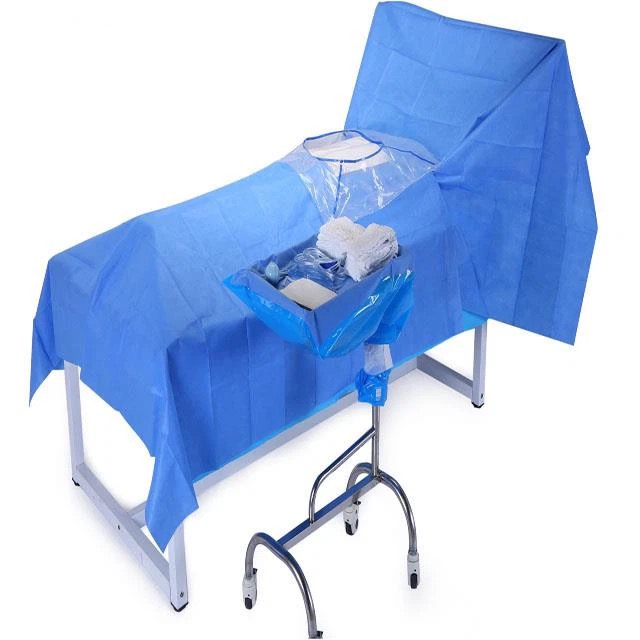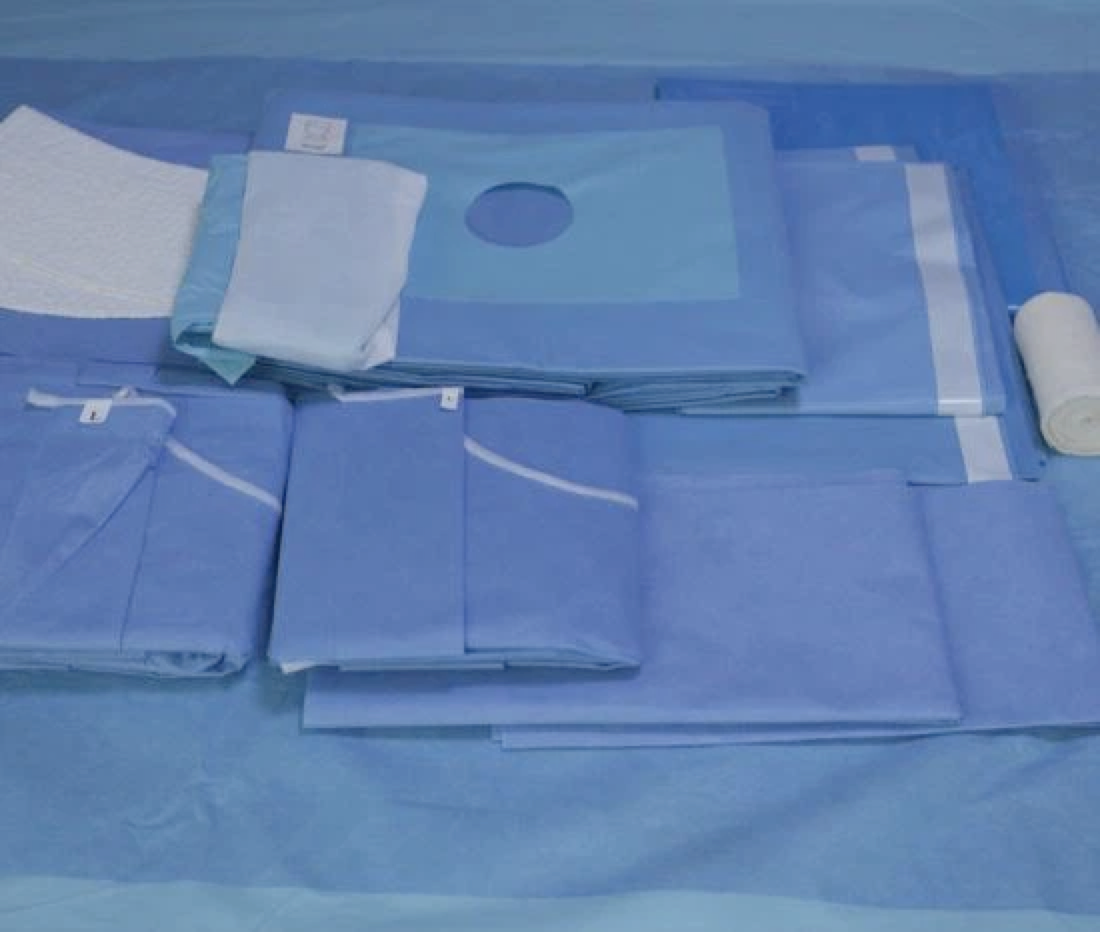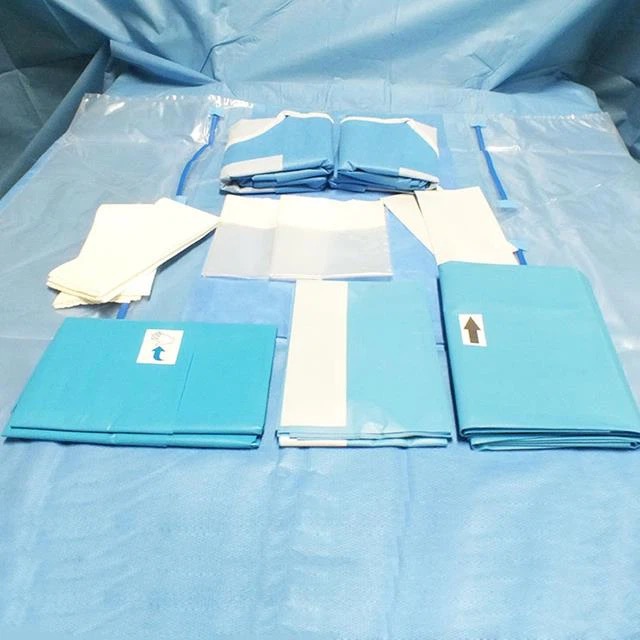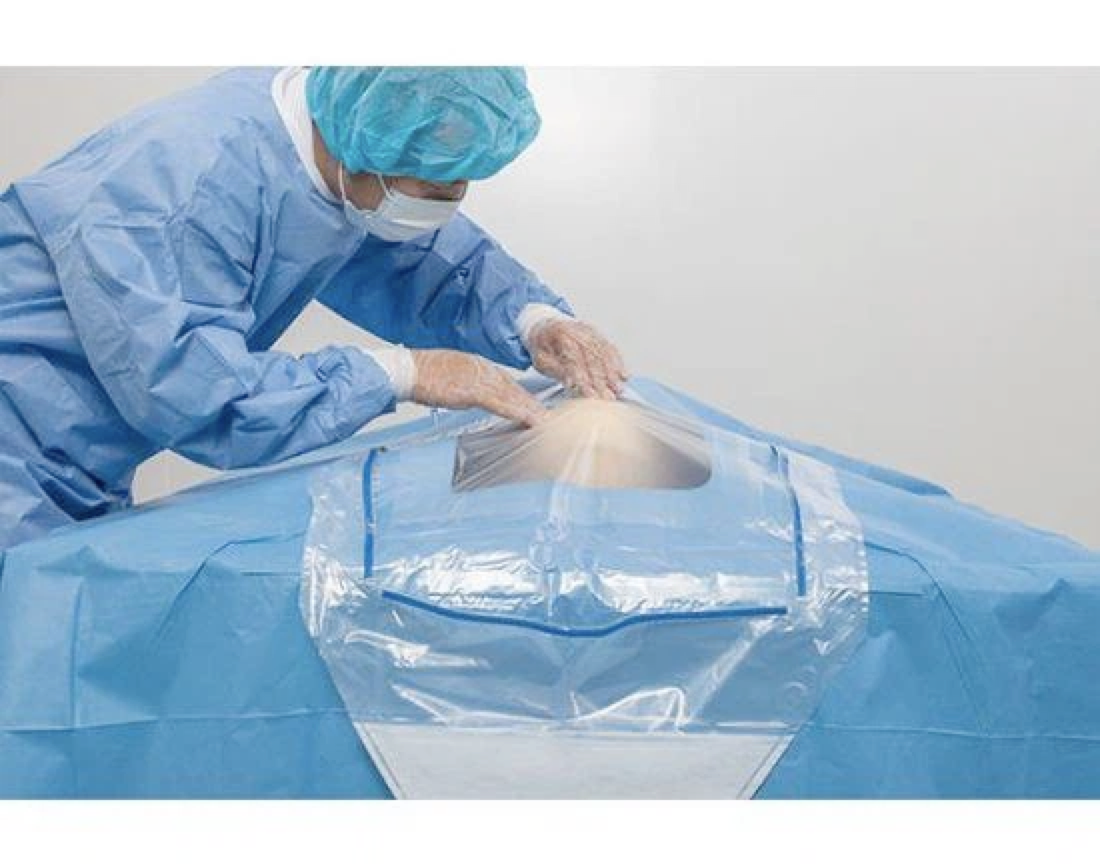Many medical words come from Latin or Greek mythology, and the scalpel also comes from Latin. The earliest scalpel that can be traced back to man is from the Stone Age (2000-5000 years ago), a knife made of fledgling flint and obsidian. But before that, there were already some other tools used for "surgery".
The surgeon's scalpel was also called "Lancet" because of its resemblance to a "willow leaf", and even the world's top medical journals were named after the Lancet. In fact, the "Lancet" blade used in clinical practice is only used at the beginning of surgery to cut the skin, and the actual internal operation is mostly used to more advanced scalpels, because these advanced scalpels often have dual functions of cutting and hemostasis, making the operation more accurate and efficient.
A detailed evaluation and surgical plan needs to be made before the surgery and a rehearsal of what may happen during the surgery, which is what the preoperative conversation needs to focus on to the patient and family. Surgery itself is also a collaborative process, with anesthesia and nursing teams in addition to the surgeon. Since the lesions in complex surgeries are often hidden under the normal tissues of the body, what I saw during the surgery was mostly meticulous and patient freeing and hemostasis. The precise removal of the lesion does not mean that the job is done; it is followed by reconstruction of the anatomy and suturing, a process that usually takes more time and effort than the removal of the lesion.
When the surgery is completed and the patient is awakened and returned to the ward or care unit, complications such as bleeding, gastrointestinal leakage and infection need to be prevented and treated, which can be a long and torturous process, especially for postoperative patients.
The surgeon's scalpel should be "warm", with the development of modern medicine, the scalpel has been for more and more patients to get rid of pain, bring hope for life, but the surgeon is not God, not everything can be done. Being in the era of rapid medical development, surgeons should be aware of the responsibility on their shoulders, to contribute their share of clinical and scientific research work, and hope that many years later, looking back on the present, can be ashamed of their hearts, leaving no regrets.





